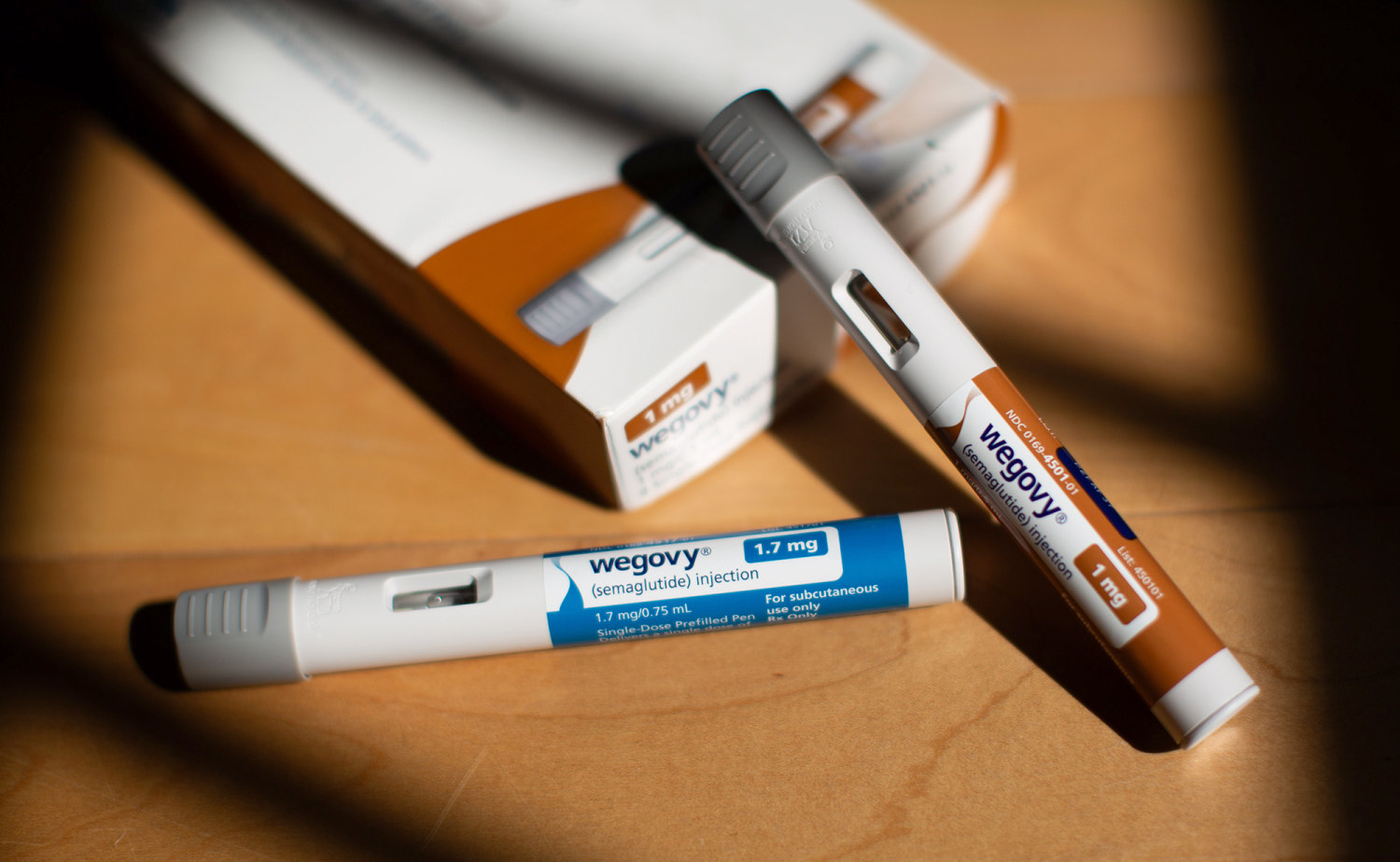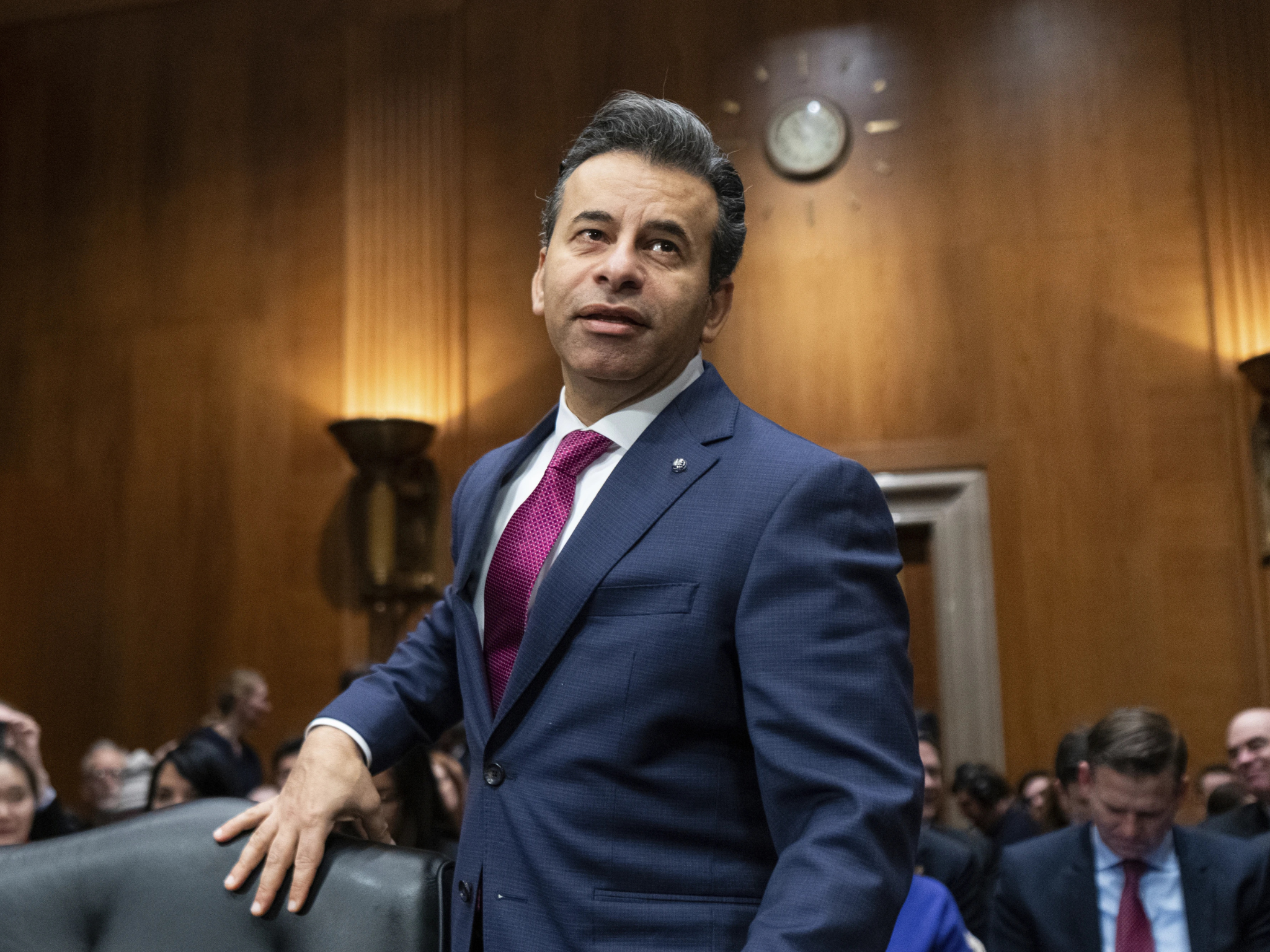A growing trend in the use of GLP-1 receptor agonists for weight loss involves a practice known as “microdosing.” This experimental approach, which entails taking a lower-than-prescribed dose of these popular medications, is being adopted by some patients in an attempt to manage side effects, reduce costs, or achieve more gradual weight loss. However, this strategy is not without significant debate, and medical professionals are carefully weighing the potential benefits against a number of substantial risks.
The appeal of microdosing is primarily driven by a desire to mitigate the common, and often severe, gastrointestinal side effects associated with the standard therapeutic doses of GLP-1 drugs. Nausea, vomiting, and diarrhea are frequently reported, particularly during the initial phase of treatment. Proponents of microdosing suggest that a lower dose can offer a gentler entry into the therapy, allowing the body to adjust to the medication more comfortably. For patients who are particularly sensitive to these side effects, this approach may seem like a way to access the benefits of the drug without the discomfort.
Examining one primary reason for microdosing, the high price of these medications stands out. Numerous health insurance policies do not include GLP-1 drugs for weight management, causing patients to bear the expense of thousands of dollars annually. By opting for a reduced dose, individuals aim to prolong the duration of a single prescription, thus alleviating their financial strain. This approach to saving costs is crucial for people who feel unable to pay for the complete therapeutic dose yet wish to attain some benefits of the medication.
The most significant concern raised by experts is the lack of scientific evidence to support the efficacy and safety of microdosing. Clinical trials for GLP-1 medications are conducted with specific dosages and a carefully managed titration schedule, and no large-scale studies have been performed on the effects of significantly reduced doses. Consequently, there is no data to confirm that microdosing provides meaningful or sustained weight loss. In fact, many experts fear that a dose that is too low may not be effective at all, potentially leading to minimal results and a waste of money for the patient.
Apart from the concerns about effectiveness, healthcare professionals also highlight various safety issues connected to this practice. If patients change their medication doses themselves or acquire the drugs from sources that are not sanctioned, such as certain compounding pharmacies, they face potential dosing mistakes, varied strength, or possibly contamination.
These unregulated versions of the drug do not have the same safety and quality assurance standards as the FDA-approved products, which can expose patients to unpredictable and potentially harmful side effects. The lack of medical supervision in self-directed microdosing also means that patients may miss important monitoring that is necessary to ensure their health and safety.
Although there are risks involved, certain medical professionals are carefully investigating the idea of individualized dosing, which differs from the autonomous trend of microdosing. They propose that a reduced dose might be suitable for a specific subset of patients, like those who have already reached their weight loss targets and seek a maintenance level, or individuals with minimal weight to lose who might not require a complete therapeutic dose. However, this strategy is implemented under stringent medical oversight and is customized to the individual’s specific requirements, unlike the unregulated promotion of lower doses seen on social media.
The discussion about GLP-1 microdosing serves as a smaller representation of the broader debate surrounding availability, expense, and the swift increase in these potent new medications. Although the intention to render these drugs more easily obtainable and manageable is reasonable, engaging in microdosing without professional advice poses a significant risk.
Experts urge patients to consult with a healthcare professional to determine the safest and most effective treatment plan, emphasizing that a personalized approach with proper medical oversight is the only way to ensure both a positive outcome and long-term health.







